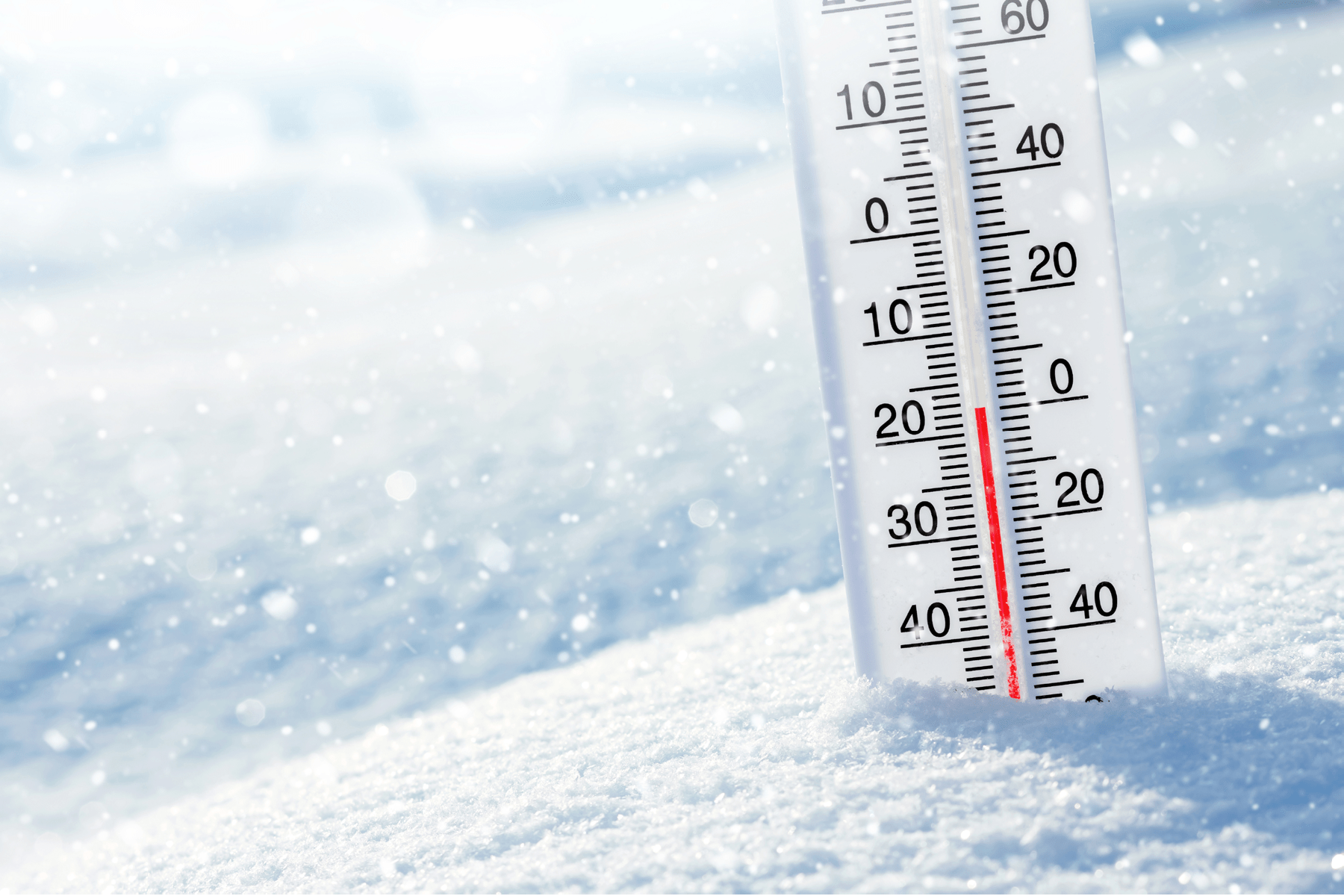
Winter Weather Safety Tips
Winter brings frosty mornings, warm beverages and holiday cheer. However, it also comes with unique safety challenges. The cold, ice and snow can pose significant threats, and taking the right precautions is essential to keeping you and your loved ones safe this winter.
Know the Signs of Hypothermia
Hypothermia is one of the largest safety risks in the winter. It occurs when the core body temperature drops below 95 degrees Fahrenheit. The average body temperature is 98.6 degrees Fahrenheit. Low body temperature impedes the function of the heart, nervous system and other organs. Hypothermia is classified as a medical emergency because if it is left untreated, it could lead to death.
The onset of symptoms is gradual and may include:
- Shivering
- Slurred speech
- Slow, shallow breathing
- Exhaustion
- A weak pulse
- Poor coordination
- Confusion
- Pale skin
If you suspect someone is hypothermic, call 911 immediately.
To prevent hypothermia, limit your time in subfreezing temperatures, stay hydrated with warm fluids, and follow these tips to dress appropriately if you have to be outside:
- Wear layers of warm, loose clothing.
- Choose clothing made of moisture-wicking fabric to keep your skin dry and aid in regulating body temperature.
- Protect your face and extremities from frostbite with winter accessories like hats, earmuffs and mittens.
Understand Carbon Monoxide Poisoning
Carbon monoxide is a colorless and odorless gas that can cause life-threatening complications, even at low levels of exposure. It is produced when burning gas-powered heaters and appliances. Every year, more than 50,000 people visit the emergency room because of accidental carbon monoxide poisoning.
Symptoms include:
- Headache
- Weakness
- Nausea and vomiting
- Shortness of breath
- Drowsiness
- Confusion
- Loss of coordination
Take precautions to prevent carbon monoxide poisoning:
- Ensure your home has working carbon monoxide detectors.
- Do not use gas ovens to warm your home.
- Make sure ovens and fireplaces are vented to the outside.
- Do not run generators inside, and keep them as far away from your house as possible.
- If you suspect carbon monoxide poisoning, get fresh air and seek emergency medical care right away.
Be Prepared When Traveling
Due to the holidays, the amount of people traveling increases in the winter. No matter what mode of transportation you take, there are steps to take to ensure you remain safe on your journey.
- Plan for your trip. Monitor the weather conditions and any potential delays or difficulties you may face.
- Avoid driving in the ice and snow, if possible. If you do have to drive in hazardous conditions, remain alert and cautious.
- Be prepared for emergencies. If you get stranded in your car you may face potentially life-threatening conditions. Keep an emergency kit in your car that includes items such as warm clothes and blankets, jumper cables, food, water, a first aid kit and a phone charger.
Winter is a time to enjoy while remaining mindful of its risks. By following these health and safety tips, you can ensure you and your loved ones have a safe winter season.